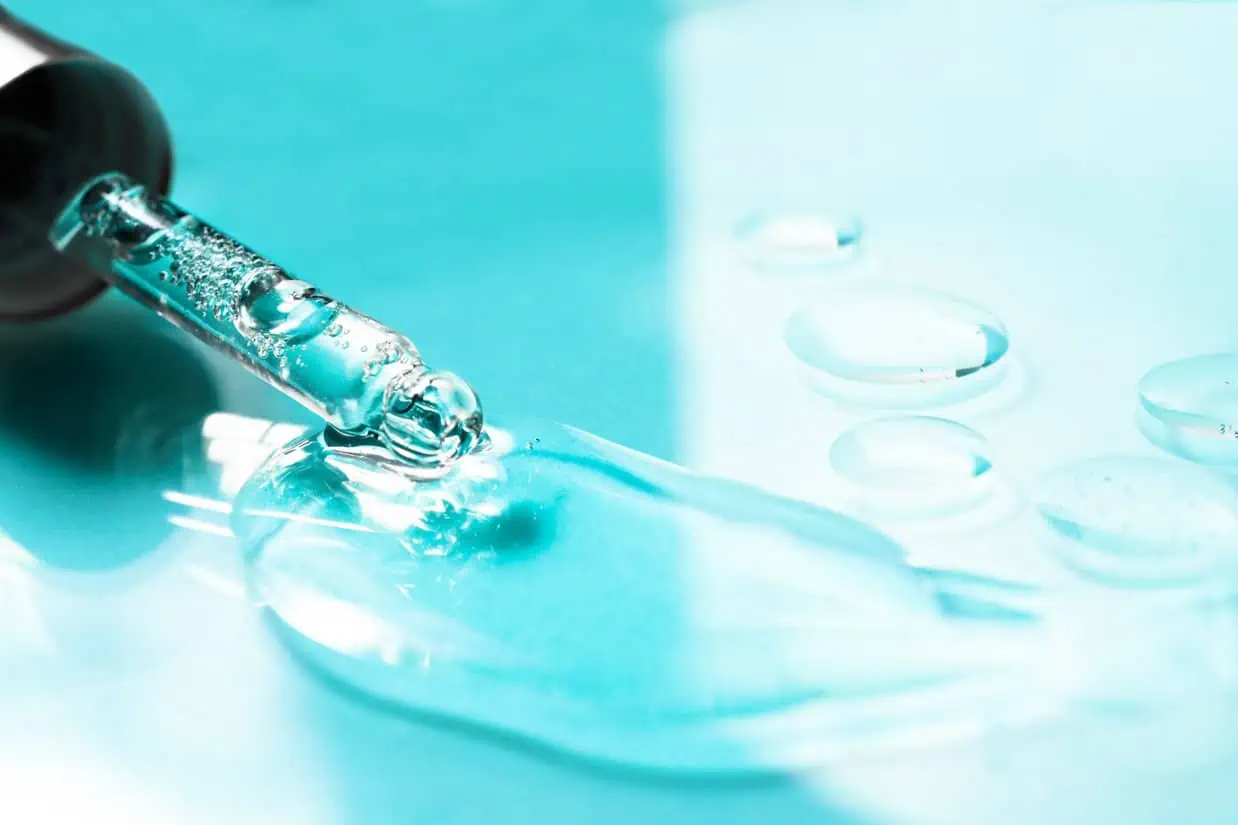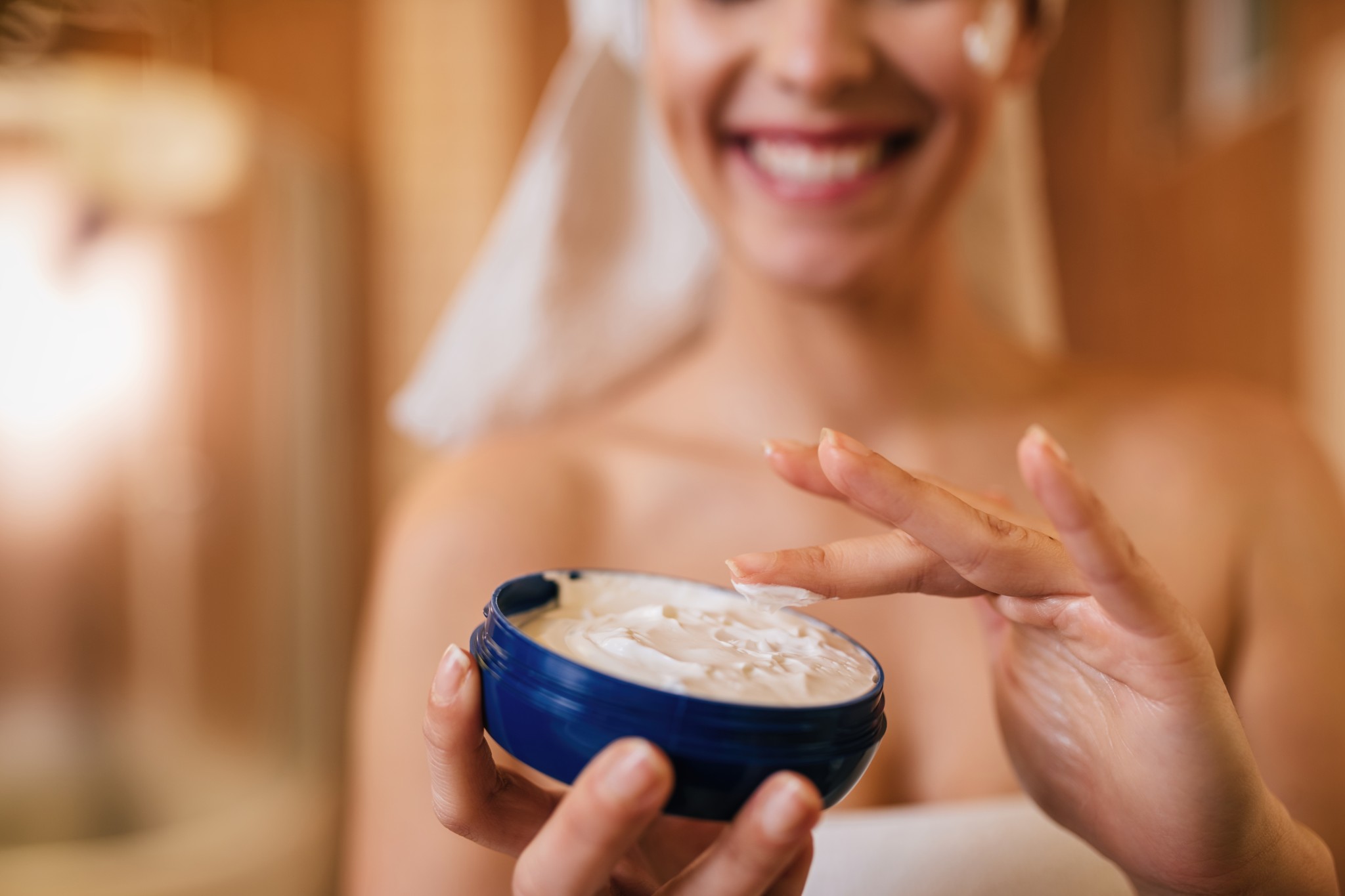The pros and cons of hyaluronic acid in skincare

Hyaluronic acid is a buzzword in the skincare industry, and for good reason. This naturally occurring substance has made waves for its hydrating properties and is included in many skincare products, from serums to moisturizers. As with any skincare ingredient, understanding the pros and cons of hyaluronic acid is crucial for anyone looking to enhance their skincare routine.
Understanding Hyaluronic Acid
Before diving into the benefits and drawbacks of hyaluronic acid, it’s important to understand what it is. Hyaluronic acid is a type of sugar molecule that occurs naturally in our skin and helps to maintain hydration and elasticity. It can hold up to 1,000 times its weight in water, making it a highly effective moisturizer. This ability to retain moisture is what has catapulted hyaluronic acid to fame in the skincare world.
Pros of Hyaluronic Acid in Skincare
- Intense Hydration: The most significant benefit of hyaluronic acid is its ability to hydrate the skin deeply. By drawing moisture from the environment and locking it into the skin, it helps to keep the skin plump, hydrated, and youthful-looking. This is especially beneficial for those with dry skin or for use in drier climates or seasons.
- Anti-Aging Properties: Hyaluronic acid can help reduce the visibility of fine lines and wrinkles. When the skin is well-hydrated, it appears more plump and smooth, which can make signs of aging less noticeable.
- Suitable for Sensitive Skin: Unlike some other skincare ingredients, hyaluronic acid is generally well-tolerated by most skin types, including sensitive skin. It’s not known to cause allergic reactions or irritation, making it a safe choice for people with sensitive skin.
- Enhances Skin Elasticity: With age, the skin loses its elasticity. Hyaluronic acid can help improve skin elasticity, giving it a firmer and more youthful appearance.
Cons of Hyaluronic Acid in Skincare
- Potential for Dehydration: Ironically, in very dry environments, hyaluronic acid may pull moisture from the skin instead of the air if there isn’t enough humidity. This can lead to increased dryness rather than hydration. (A trick to combat this is to layer a moisturizer over top – so the moisture is “pulled” from the moisturizer and not the skin.)
- Possible Overuse: Using too many products containing hyaluronic acid can lead to an excess of hydration, which can result in the skin feeling heavy or greasy. It’s important to find a balance in your skincare routine.
- Purity and Source Variations: The quality and source of hyaluronic acid can vary between products. Some forms of hyaluronic acid are derived from animal sources, which might not be suitable for vegans or those with ethical concerns. (NOTE: Reviva only uses non-animal derived hyaluronic acid.)
- Interaction with Other Skincare Ingredients: While hyaluronic acid is generally safe, it may interact with other skincare ingredients. It’s essential to understand how it interacts with other products in your skincare routine.

Understanding Hyaluronic Acid’s Molecular Weights
Discussing the different molecular weights of hyaluronic acid (HA) is crucial in understanding how this ingredient functions in skincare. In skincare formulations, hyaluronic acid is used in various molecular weights, each having unique effects on the skin.
High Molecular Weight Hyaluronic Acid
High molecular weight HA has larger molecules that do not penetrate the skin deeply. Instead, they form a film on the surface of the skin. This has several implications:
- Surface Hydration: These larger molecules provide hydration on the skin’s surface, leading to immediately visible results. They create a moisture barrier that helps to lock in hydration and protect the skin from environmental stressors.
- Soothing Effect: High molecular weight HA is known for its soothing properties. It’s beneficial for sensitive or irritated skin, as it can help reduce redness and provide a calming effect.
- Viscosity and Texture: Products with high molecular weight HA tend to have a thicker consistency, making them ideal for creams and lotions that aim to create a protective layer over the skin.
Low Molecular Weight Hyaluronic Acid
Low molecular weight HA consists of smaller molecules that can penetrate deeper into the skin. This deeper penetration leads to several distinct benefits:
- Deep Hydration: By penetrating deeper into the skin’s layers, low molecular weight HA hydrates beneath the surface, which can improve the skin’s overall health and reduce the appearance of fine lines and wrinkles from the inside out.
- Stimulating Skin Repair: There is evidence to suggest that low molecular weight HA can stimulate the skin’s repair processes, potentially improving skin elasticity and firmness. Though there is some concern it can also trigger an inflammation response.
- Anti-Aging Properties: Due to its ability to work beneath the skin’s surface, low molecular weight HA is often used in anti-aging products. It can help improve skin texture and reduce the appearance of fine lines and wrinkles.
Middle Molecular Weight Hyaluronic Acid
Middle molecular weight HA strikes a balance between the high and low molecular weight versions. It offers a combination of surface hydration and some degree of deeper skin penetration. This balance can make it a versatile ingredient in skincare products aimed at providing both immediate and long-term hydration benefits.
Combining Different Molecular Weights in Skincare
Many skincare products now combine different molecular weights of HA to maximize the benefits. This multi-weight approach allows for hydration at multiple levels of the skin. Surface-level hydration from high molecular weight HA provides immediate skin smoothing and softening, while deeper hydration from low molecular weight HA can improve skin health over time.
The use of different molecular weights of hyaluronic acid in skincare products is a sophisticated approach to address various skin needs. High molecular weight HA provides surface hydration and soothing benefits, low molecular weight HA penetrates deeper to provide long-lasting hydration and anti-aging effects, and middle molecular weight HA offers a balance of both. Understanding these differences can help you choose products that align with your specific skincare goals, whether that’s immediate hydration, anti-aging, or a combination of both.
Incorporating Hyaluronic Acid into Your Skincare Routine
To reap the benefits of hyaluronic acid, it’s crucial to incorporate it correctly into your skincare routine. Here are some tips:
- Choose the Right Product: Look for serums or moisturizers that list hyaluronic acid high up on their ingredients list, indicating a higher concentration.
- Apply to Damp Skin: For the best results, apply hyaluronic acid products to damp skin. This helps lock in the moisture.
- Layer with Other Products: Hyaluronic acid works well when layered with other products. Apply it before your moisturizer to help seal in the hydration.
- Use it Consistently: Consistency is key in skincare. Use hyaluronic acid products regularly to see significant improvements in skin hydration and elasticity.
Final Thoughts
Hyaluronic acid is a powerful ingredient in the world of skincare, known for its hydrating and anti-aging properties. While it is generally beneficial and safe for most skin types, it’s important to be aware of its potential downsides, such as dehydration in dry climates and interactions with other skincare ingredients. By understanding both the pros and cons and learning how to incorporate it properly into your skincare routine, you can make the most of this hydrating powerhouse for a healthier, more youthful-looking complexion.
In conclusion, hyaluronic acid stands as a testament to the advancements in skincare, offering numerous benefits that can help maintain the skin’s hydration, elasticity, and overall health. As with any skincare ingredient, it’s essential to use it wisely and in a way that suits your individual skin needs. By doing so, you can enjoy the myriad benefits it offers, making it a worthy addition to your skincare arsenal.





